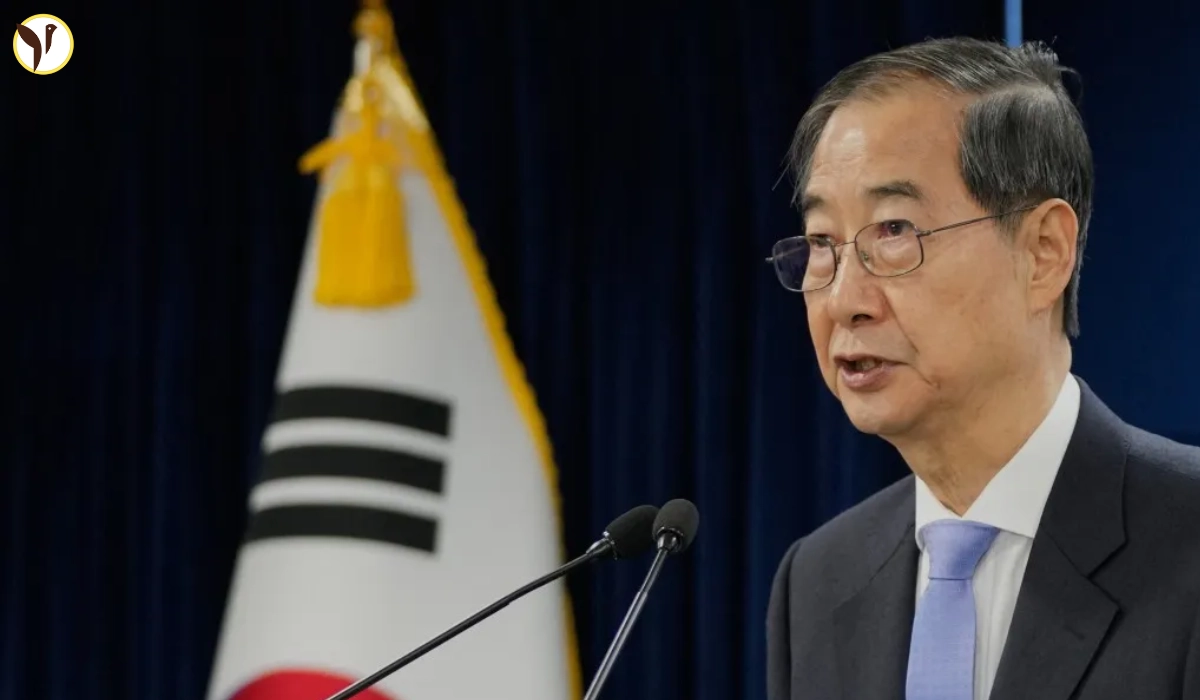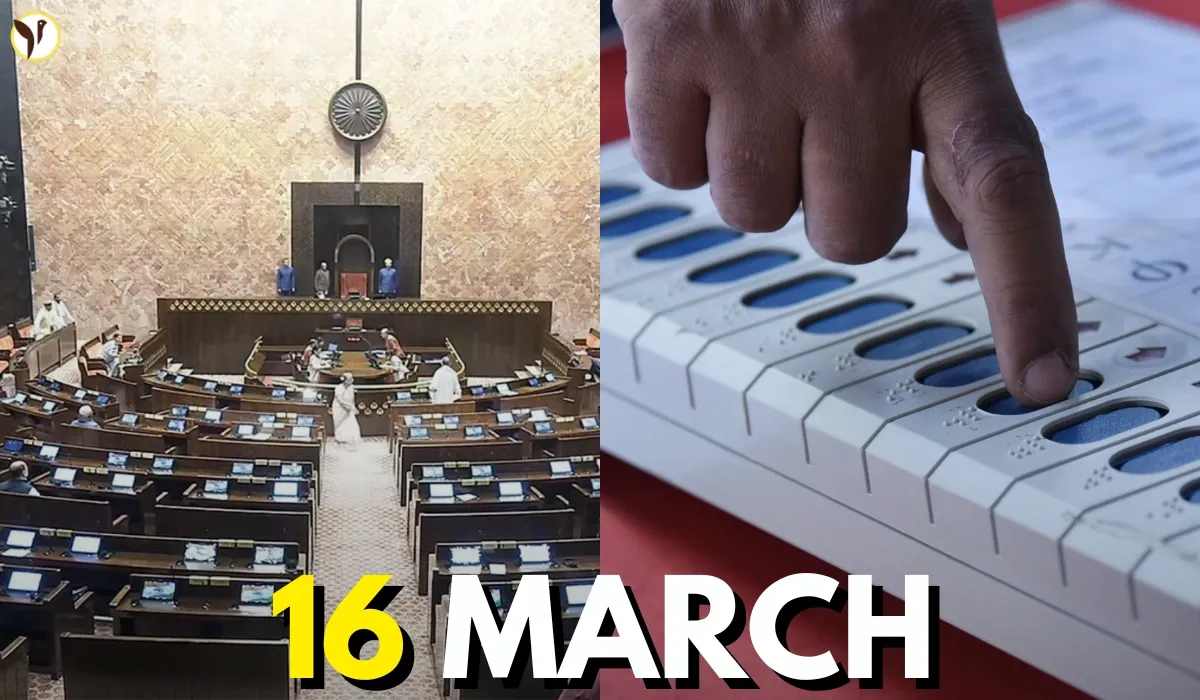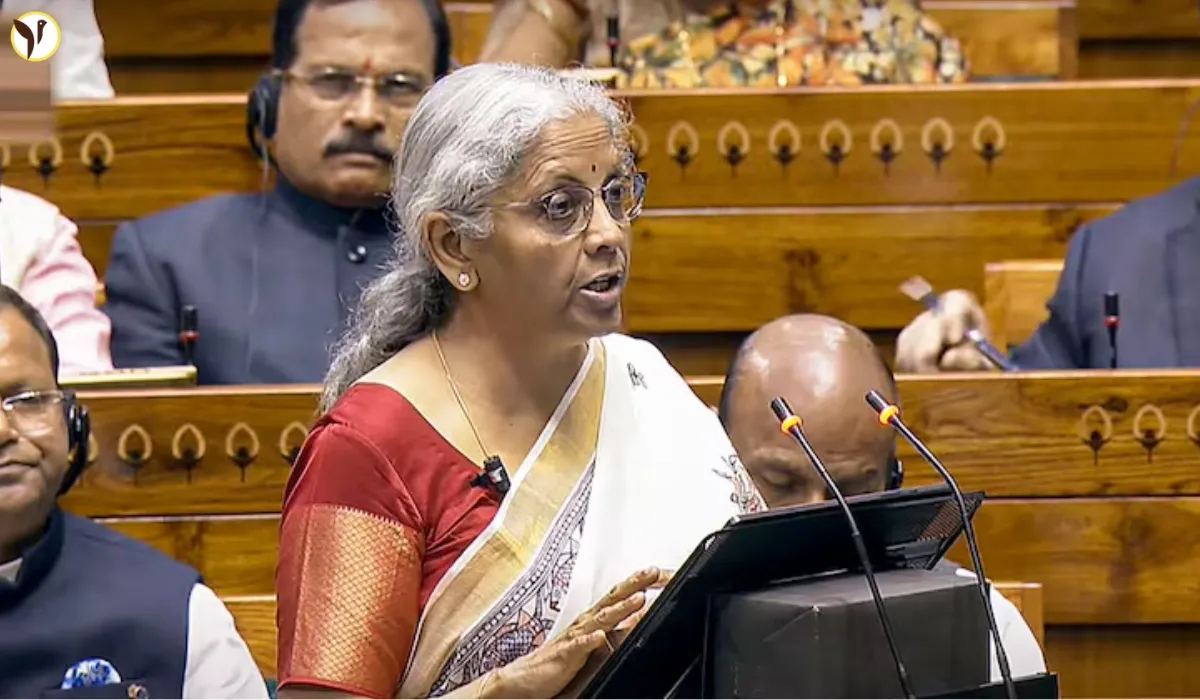South Korea Approaches a Historic Election
South Korea is approaching a pivotal moment in its modern-day political history as citizens prepare to decide on a new president on June three, 2025. This super election comes on the heels of the impeachment and removal of former President Yoon Suk Yeol, who became ousted from office after controversially enforcing martial regulation in response to nationwide protests. The united states, long sought after for its democratic resilience and speedy monetary development, now unearths itself going through a crucial check of its political maturity. The frontrunner in the race is Lee Jae-myung, a seasoned flesh presser with a reformist time table and a track document of bold management. Lee isn't any stranger to country wide attention. Having narrowly misplaced the 2022 presidential election by a razor-skinny margin of just zero.7 percentage factors, his political comeback has been marked by means of each controversy and backbone. A former human rights attorney and the ex-governor of Gyeonggi Province, Lee has constantly positioned himself as a voice for the marginalized and a champion of modern values. His function in main the impeachment court cases towards Yoon has only strengthened his picture as a principled leader inclined to rise up for democratic norms.
Lee Jae-myung’s Vision: “Jalsanism”
Lee’s campaign is centered on a vision he calls “Jalsanism,” a mix of social reform and monetary innovation. His policy proposals are bold and intention to convert the pleasant of lifestyles for ordinary South Koreans.
Among the most talked-about initiatives are:
-
The implementation of a four-day workweek
-
An extension of the retirement age to evolve to the u . s . a .’s growing old populace
-
The creation of a popular primary offerings model that could provide critical public services to all citizens, no matter earnings
-
A brand new don't forget machine that might allow citizens to put off underperforming or corrupt lawmakers, thereby growing political duty
those proposals reflect his belief that the authorities need to adapt to changing societal desires at the same time as defensive democratic rights and promoting fairness.
Legal Challenges and Public Support
in spite of his strong ballot numbers, Lee’s path to the presidency isn't always with out boundaries. he's currently going through a couple of criminal trials associated with corruption and abuse of strength, stemming from his time in public workplace. however, below South Korean law, a sitting president is immune from prosecution, which means that these trials would be suspended if he wins. This factor of his candidacy has sparked debates across the political spectrum, with critics warning of capacity risks to prison transparency and supporters arguing that the expenses are politically prompted. despite those controversies, Lee has maintained a consistent lead in public opinion polls, largely due to his proactive stance during the impeachment system and his ability to provide a coherent vision for South Korea’s destiny.
The Conservative Challenge: Kim Moon-soo
In comparison, the conservative candidate Kim Moon-soo, representing the humans energy party, has struggled to resonate with citizens. A former head of the monetary and Social improvement fee, Kim’s close alignment with the impeached president and his refusal to renowned Yoon’s political disasters have weakened his appeal. His marketing campaign has been criticized as uninspiring and disconnected from the urgent wishes of the voters.
While he does have a loyal conservative base:
-
It appears more and more not likely that he can mount a serious project to Lee’s momentum
-
The political weather is moving
-
Many citizens—in particular younger generations—are worrying innovation, transparency, and bold reforms, which Kim has did not deliver convincingly
The Stakes of the 2025 Election
The stakes on this election are unusually high. With over forty four million eligible voters and a unmarried-spherical system where the candidate with the maximum votes wins a five-12 months time period, the final results will form South Korea’s home and overseas guidelines at a time of large upheaval. the world over, the u . s . faces challenges from North Korea’s growing ties with Russia and ongoing alternate frictions with the us. regionally, troubles like earnings inequality, adolescents unemployment, housing affordability, and an getting older society dominate public discourse. the brand new president will have to cope with those concerns while additionally recuperation a politically polarized nation. As South Koreans head to the polls, they may be not simply vote casting for a brand new leader—they may be deciding on the direction in their democracy and the future in their society. The choice they make will echo far past the peninsula, reaffirming South Korea’s area as a beacon of democracy in East Asia or exposing it to similarly uncertainty and department.









